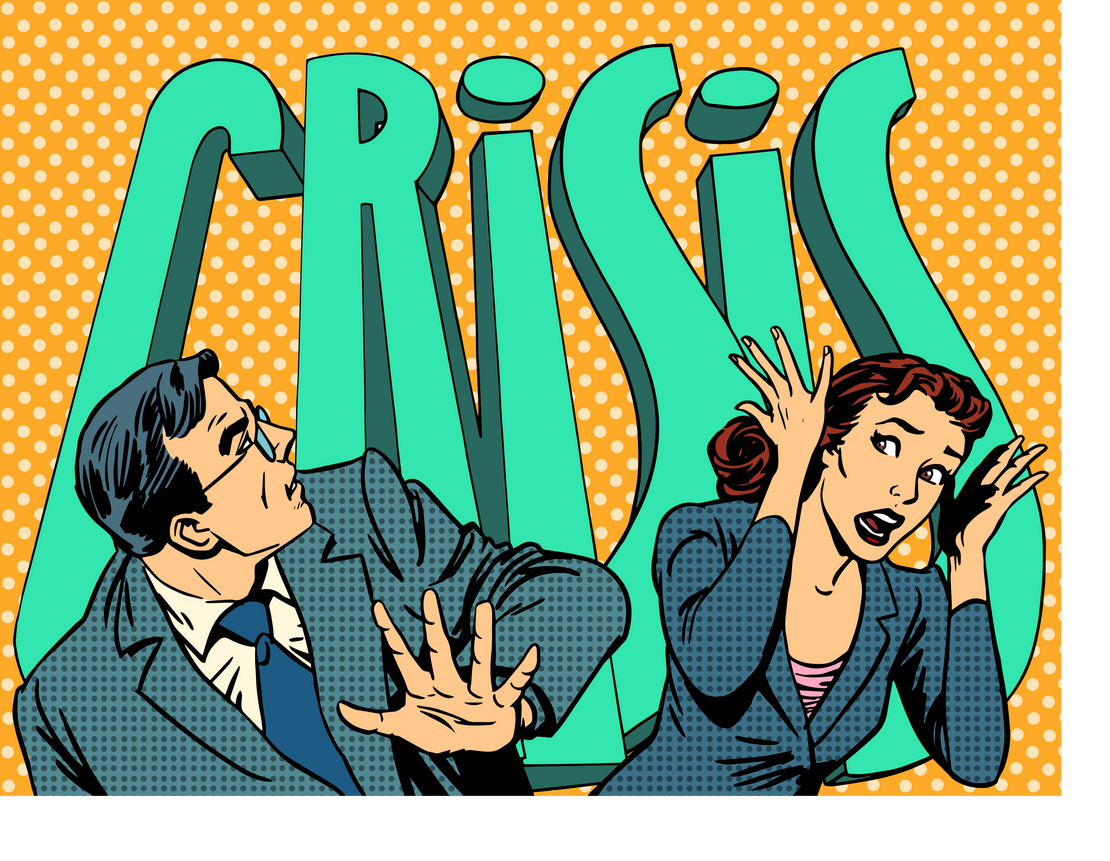The emotional state of your community is changing at rapid speed – akin to riding a rollercoaster in the dark. The hive mind will change more often, sporadically, and have unexpected reactions to even the most basic content. Your online team needs to be not just prepared, but ready to change and adjust accordingly.
Recent world events (Russia’s invasion of Ukraine, the Israel-Gaza war, global socio-economic inequalities, inflation) have added to the anxiety and stress that began with Covid19 isolation and as a society we have not had the opportunity to fully understand, or heal, from Covid’s global effects.
How your moderation and engagement team engage the community during times of crisis will not only shape the future of your reputation, but could also save lives.
To quote Buzzfeed Tech News: “The comment moderator is the most important job in the world right now. [And] Human moderation is currently the best solution for policing harmful content.”
And this New York Times article describes the role of Moderator as “…gatekeepers, but they’re also the welcoming committee. As well as the paramedics, the law enforcers, the teachers and the curators. And, sometimes, they’re friends.”
Political unrest, war, constant negative new cycles, and even loss of income can take a toll on mental and emotional health. Social media and online community outreach becomes not just about like-minded individuals but a safe place to share intense emotional release. For some, it’s a real life necessity. It’s how many people can connect and keep their mental health in check.
Organisations such as the British Medical Association reported Mental health services in England received a record 5 million referrals during 2023 (up 33% from 2019), with the number of people in contact with mental health services steadily rising.
 In a world recovering from post-Covid anxiety as well as the constant barrage of negative news cycles, your moderation and engagement team will have additional tasks to perform and need to perform them knowing that their tone, state of mind and tasks will change on a dime. People will need to be directed to the right places for answers to their issues. In fact, moderators will need to be quick to translate confusing, emotionally charged messages into understandable content to ensure they can quickly direct the user to the right place.
In a world recovering from post-Covid anxiety as well as the constant barrage of negative news cycles, your moderation and engagement team will have additional tasks to perform and need to perform them knowing that their tone, state of mind and tasks will change on a dime. People will need to be directed to the right places for answers to their issues. In fact, moderators will need to be quick to translate confusing, emotionally charged messages into understandable content to ensure they can quickly direct the user to the right place.
Rebecca Fitzgerald, CEO and Founder of StrawberrySocial, on meaningful engagement during times of crisis:
“Since the Pandemic, the world does seem to have been on a rollercoaster of emotions. Be aware of things that can directly affect the community (such as the cost of living crisis) so you can tailor responses in a more personal way. Make sure you have daily keyword alerts, check out what the news is saying each morning, have crisis scenarios scoped out and possible solutions and workflows in place.
Remember that silence can be golden. In the digital age, what you do, how you behave, the partnerships you choose and the causes you get behind are all recorded for posterity. Think before you act. Decide ‘whether’ to reply rather than default to a hollow, pre-prepared statement by the CEO.
Try to be human, encourage and reward your advocates, vet your influencers, prioritise child and online safety for you and your team – and know when to switch off.“
Below are 5 best practices to curating your community during an unexpected natural disaster or global crisis:
1. Emotional Preparation – Ensure the moderation team is in place and mentally/emotionally prepared to handle the increase in content. They MUST have backup and support. Provide them with a way to handle peoples’ expectations – be able to have timelines to feed back to the user.
2. Workload Preparation – Quickly prepare basic responses so the moderation team can respond in as close to real time with correct brand information, but broad enough to allow the team the freedom necessary to humanise each response. Trust they will handle things appropriately.
3. Robotic isn’t going to work – Under normal circumstances companies can make great use of standardised responses; which are great for answering basic questions, showing positive support and directing people to the right place on your site. During a crisis, the amount of content will increase and people’s emotional stability will be sporadic. They will notice if the same response is slightly tweaked and sent over and over in the same thread.
Allowing moderators to adjust the messaging, make responses more personalised and unique will easily show your users that there is a human being behind each message. Check the existing conversation so as to avoid repetition.
4. It’s okay to not know – and to say this to the community. And it’s okay for your community to be upset and share vulnerability. Your moderation team should be allowed a certain amount of vulnerability with the community as well. It’s all about connection.
5. Checking in – Schedule regular check-ins with your team, consider shortening shift lengths or additional shift rotations of team members are good ideas. This will be draining emotionally, mentally, professionally and there should be regular times set up to talk through things, give them space to breathe, and make suggestions to improve the overall online experience for your community.



 May 12, 2024
May 12, 2024  Share This Post
Share This Post